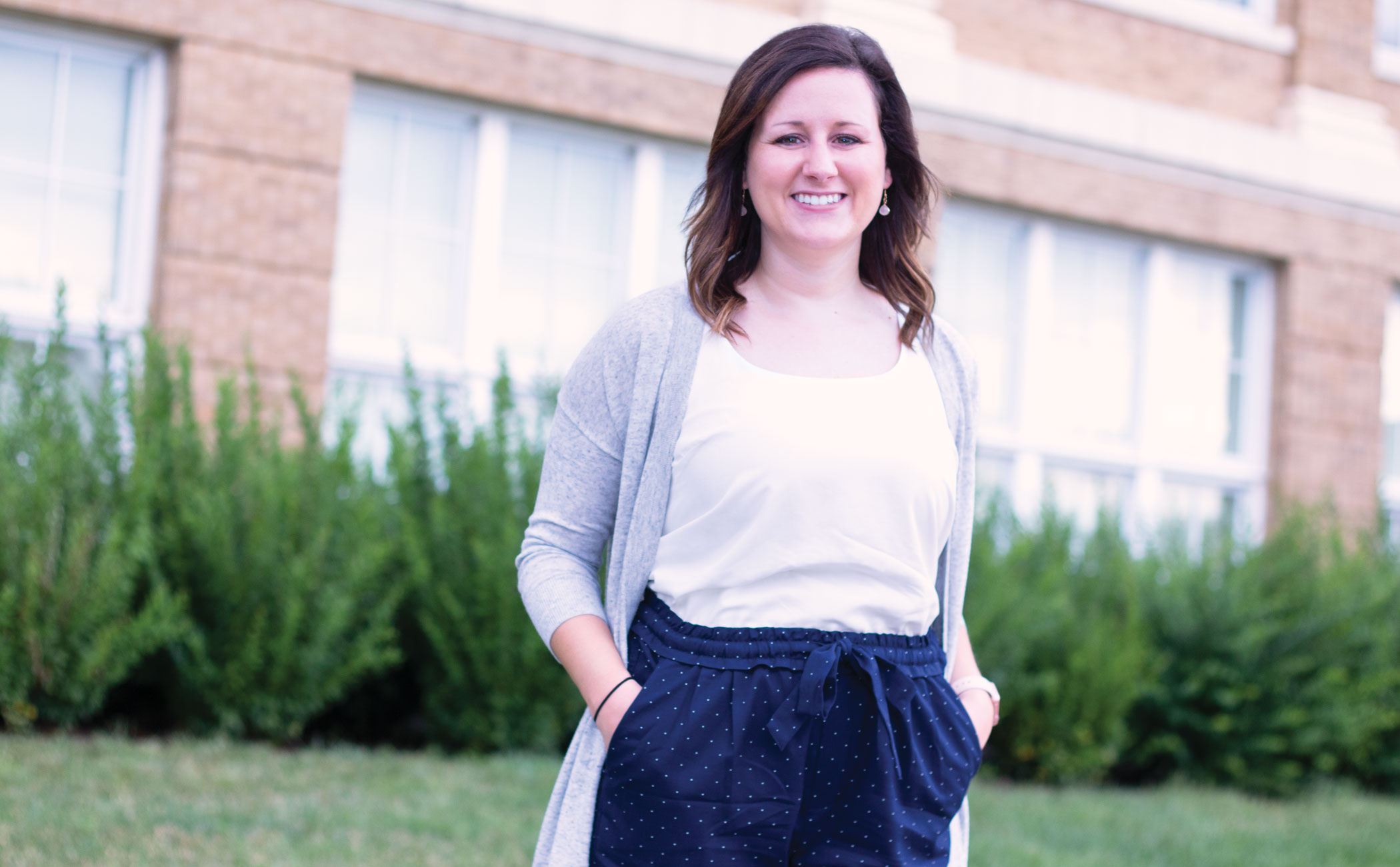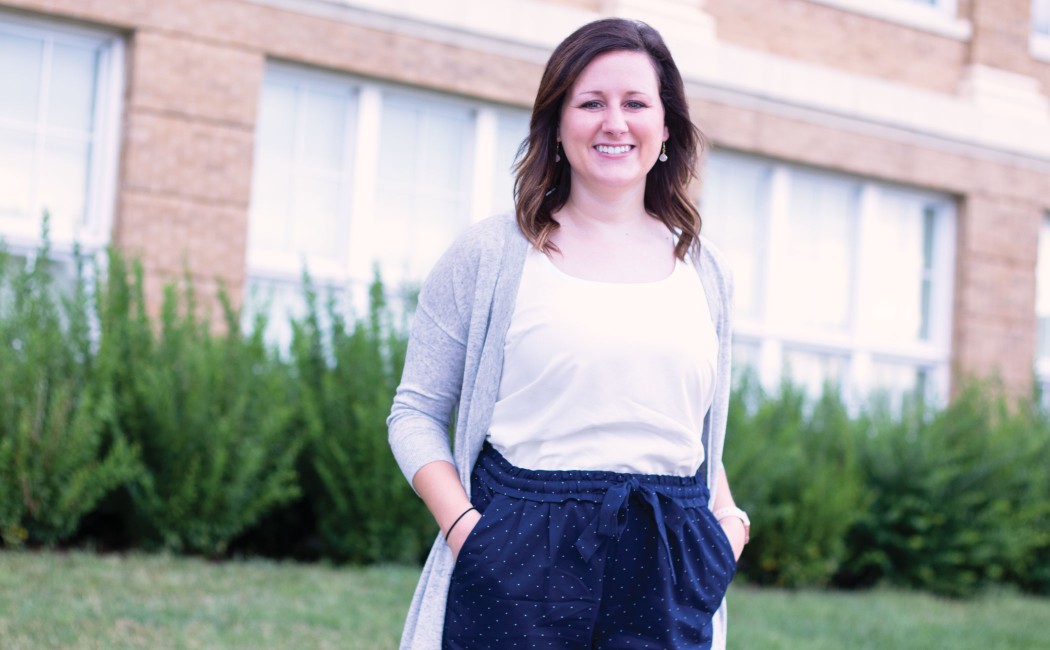
Many children growing up in disadvantage enter school without the requisite social, emotional and behavioral skills to be successful. When those children start off behind, they have a difficult time catching up to more successful students.
Because a child’s early school experiences are predictive of their long-term educational trajectory, starting school socially and behaviorally ready is crucial. Otherwise, long-term detrimental outcomes and widening gaps in academic and social success may follow.
Rachel Schumacher, fifth-year doctoral student in school psychology, is examining children’s transition into school, and how children respond to that transition. Through her dissertation project, which is funded by the Society for the Study of School Psychology, she will explore how the relationships between parents and children — and parents and teachers — change over time, and how those changes are linked to changes in children’s social-emotional skills.
Schumacher aims to find ways to close the achievement gap for young children at risk due to disadvantaged socioeconomic conditions by ensuring positive transitions to elementary school. She also will investigate whether community setting, such as urban or rural, affects children’s school readiness.
“We know the transition into school is very important, but we also know so many kids struggle with that transition,” Schumacher said. “The ultimate goal is to identify factors that close the school readiness gap.”
Her project uses a subset of data gathered through Learning Frontiers, a program focused on factors that promote early learning and development in children as they develop from preschool to the third grade. The subset samples 334 children who were followed from preschool through the first grade, and their parents and teachers.
We know the transition into school is very important, but we also know so many kids struggle with that transition.”
Rachel Schumacher, doctoral student
The information was collected during the spring of preschool, kindergarten and first grade through Family Involvement Questionnaires and child behavior rating scales. Parents and teachers provided ratings of the parent-child relationship, home-school connection and children’s social-emotional skills at each time point.
Schumacher notes that young children who develop good social-emotional skills — for example, sitting still, paying attention, following directions — tend to have better academic and social outcomes in school.
“Parents are children’s first and most significant role models, so the skills they develop during their preschool years are a prerequisite to strong skills once they start school,” she said. “If they develop better social and emotional skills at home, they’ll start off with better relationships and more success at school.”
Schumacher’s doctoral advisor is Susan Sheridan, CYFS director.
